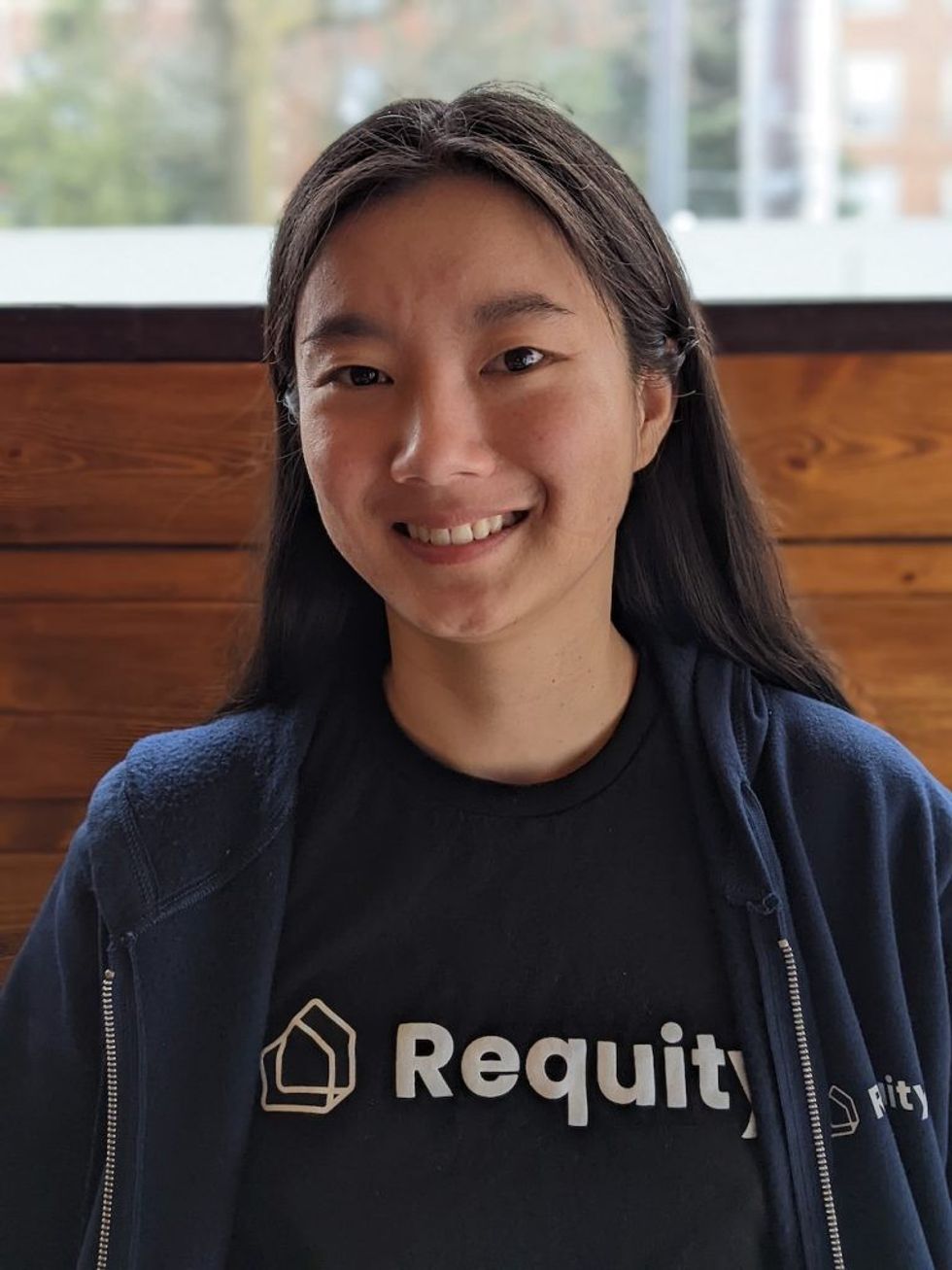First-time homebuyers are looking for relief amid rising interest rates, but access to housing based on their cash flow and history can make it hard to afford owning a home in today’s market.
Earlier this month, the Bank of Canada raised the lending rate a full percentage, up to 2.5%, resulting in Canadian banks hiking their prime lending rate to 4.7%, the highest in over 10 years. Those who do not have access, or the funds, continue to get priced out.
READ: Make Less Than $225K? You Can’t Afford to Buy a Home in Toronto
“Not everyone has the access to the bank of mom and dad to help them buy a home,” says Nicholas Pope, co-founder, and Chief Investment Officer at Ourboro. “We’re trying to bridge the down payment gap for those who don’t have intergenerational wealth so that they can break into the market and own the property where they live.”

The startup launched earlier this year with the goal of helping more Canadians purchase and profit off real estate. They help cover the down payment of the home, co-investing between 5% and 15% in homes costing between $550,000 and $2.5M. Currently operating only in the GTA, Ourboro’s roster of available homes range from semi-detached homes to single-family detached homes to condominiums. The arrangement lasts up to 10 years, after which the house needs to be sold.
“We require the homebuyer to have at least 5% of the home value to contribute. Beyond that, it’s the preference of the homebuyer,” says Pope. They do not charge for partnering with them, nor charge interest over that 10-year period.
Ourboro offers credits for home maintenance and small renovations on anything that requires a building permit and costs more than $10,000. When the home is sold, they will take a cut of the value of the home in the current market.
Pope says he got interested in the rent-to-own model after realizing there was a growing community of unrelated adults pooling their assets together and then purchasing homes and dividing the space.
“The problem was that people change locations for jobs, or need more space for their growing family, so it became difficult for those relationships to become unwound,” says Pope. “Why not replace that second family with a corporation as a professional co-owner and allow for flexibility in not having to dive the space, also being able to exit the relationship quite easily?”
He says they serve buyers looking for their first home, not their forever home.
“The home buyer has the option to sell or buy our interest at a fair market value at any time during that 10-year period,” says Pope, adding that they’re appeasing first-time buyers who are “trying to get onto the housing market ladder.”
Key to note is that mortgage principal payments are returned to the home buyer before any net proceeds are split proportionally to each of the initial equity contribution.
“In essence, the home pays us back, never the homebuyer,” says Pope.
Expanding Borrowers’ Credit Options
Another startup in the market is Requity Homes, which currently operates in Northern Ontario (Sudbury, Sault St. Marie, Thunder Bay, North Bay) as well as Regina and Saskatoon. They connect with home buyers who do not qualify for a traditional mortgage and those looking for their forever home, or one that they can live in for over 10 years.
According to Loans Canada, the minimum credit score needed to get approved for a mortgage in 2022 is 640. Requity allows those with credit score 500 and above to qualify, done so with certain conditions. A minimum of 2% to 10% of the deposit is needed up front.
“We do ask our clients for financial information, including bank statements for the past six months, pay stubs, employment letter, and notice of assessment for the past two years,” says Requity’s founder and CEO Amy Ding. “We need to make sure this is the right decision.”

Ding says the company is “100%-cash-flow based,” and those accepted to the program can buy back the home at a guaranteed price down the line. The standard contract term is three years, but buyers do not need to wait until the end of year three to buy back the home. So far, clients have mainly opted for fully detached homes.
“Our program is designed for people who want to own their home in a specific region where they want to settle in. “That said, we do give you flexibility in the event that things change,” says Ding.
Buyers pay market rent and a premium of market rent, too.
“The reason they pay us a premium is so we can help buyers save for a down payment,” says Ding.
The plan is to expand across the country and serve 10,000 families over the next five years. Both Ourboro and Requity also partner with local realtors who recommend buyers underserved because of their financial situation.
Does Rent-to-Own Work in a Down Market?
Michael Sugar is a mortgage specialist with 17 years of experience and specializes in private mortgages, which, he says, has led him more into the rent-to-own space.
“In my opinion what’s important is that these first-time buyers have the prospects to make money down the road,” says Sugar, emphasizing that rent-to-own allows buyers to lock in a price and buy it back-to-own themselves.

He says the model attracts a certain type of client -- those beginning their journey to being homeowners. They may have some of the down payment but not all.
“With rent-to-own models, you are the de facto homeowner and expected to maintain the house,” he says. “They are the investor that is making your dream of home ownership materialize.”
However, he wonders how the rent-to-own model will hold up in a housing downmarket.
“I don’t think what we’ve experienced in the housing market these past two years -- 10% to 20% appreciation -- is normal. Normal growth is 3%, 4%, maybe 5%, but even 5% is not sustainable. How rent-to-own works in a downmarket has not been seen yet.”
He’s also realistic and stresses that when housing prices go this high you need a lot of income to sustain the obligation of rent-to-own home ownership.
“At the end of the day, at the end of that rent-to-own contract, you need to execute on it. And if you don’t because you don’t have the income, then you can’t do it,” says Sugar.





















